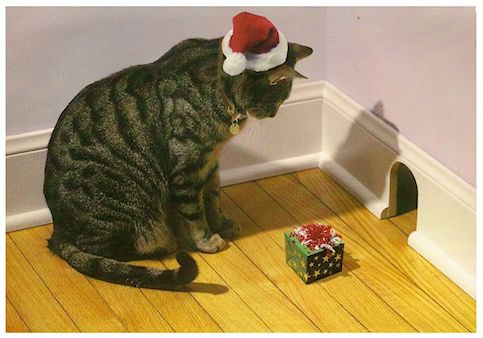In junior high I learned how to type on a Smith-Corona manual typewriter. My mother, a steno clerk, said all women should learn how to type. So I practiced on hers. In my high school typing class we all used Royal manual typewriters. Looking back, I don’t know how that teacher could stand that racket through five classes a day. Toward the end of the year, our high school acquired three electric typewriters for that classroom. I tried one but wasn’t impressed. I could type faster on the manual.
But then I began college and was forced into the electric typewriting world.
When I worked at IRS my typing speeds exceeded 110 wpm. Now, many decades later, I still type fast, but over my lifetime of typing one thing hasn’t changed: I cannot compose fiction on a machine, electric or not. The words just will not come.
Early on I didn’t care for composing on a machine because they were noisy, which disrupted my thinking process. Manuals were clunky and electric typewriters made clicking noises along with a disconcerting hum. Thus, all the way through college and during the years I taught school, I continued to write my assignments on paper, which I later typed. It’s been 50 years since high school and I still have to compose my first drafts by hand.
It’s odd that on a computer I can compose long, detailed emails to distant friends, typing away as though I’m speaking to them in person; but put me in front of a keyboard with a short story or a novella chapter to compose, and I’ll freeze up. I might get out ten words and then Zip. My creative writing muse shakes her head and leaves when I try to write fiction on a keyboard of any ilk. I end up just sitting there, staring at my unmoving hands and the nearly blank screen, with nothing going on upstairs. No words, no ideas, nada.
But give me a lined tablet of white paper and some sharp pencils or a fountain pen and in no time I’m filling page after page. When writing longhand, writer’s block leaves me alone and my muse whispers in my ear. It just doesn’t get any better than that.
I didn’t give this writing process of mine much thought until I attended a Write In for NaNoWriMo. During November, in a mostly empty café in Moab, seven of us sat at this big table, most of us with cups of coffee nearby, writing as fast as we could to add more precious lines to our monthly word count. I enjoyed the camaraderie and the experience of being with other creative writers—except for one thing: I was the only one in the room writing with pen and paper. Everyone else had laptops. I received some strange looks and it occurred to me: Did they think I couldn’t afford a laptop of my own?
I could have brought my laptop, but if I had I wouldn’t have been producing as much as I was. I’d just fire it up, open Word, and stare. As it was, I wrote a decent stack of pages during that hour.
Granted, keyboards are marvelous tools. Most jobs I’ve had in my life depended on my use of them. But when it comes to composing, especially fiction, for me there is no substitute for the feel of opening a tablet of paper, picking up a sharp pencil or pen, and filling the pages with handwritten prose.

